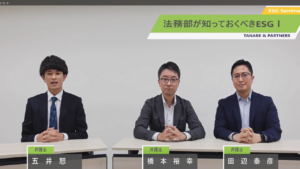The World Economic Forum (WEF) released its Gender Gap Report on June 21. I would like to discuss Japan’s ranking in the Gender Gap Index.
Japan’s ranking in the Gender Gap Index is as follows.
Among the G7 countries, Germany was the top-ranked country in 6th place, up four places from 10th the previous year. It was followed by the United Kingdom (15th), Canada (30th), France (40th), the United States (43rd), and Italy (79th). Japan was the only country that did not even make the top 100, falling nine places from 116th the previous year to its lowest ranking ever. The percentage of women in parliamentary and ministerial positions is low, and the country is in the lowest group in the political field, ranking 138th. Japan also ranked 123rd in the economic field, reflecting the labor participation rate and the gender gap in wages. In the education sector, the country also fell in rank to 47th place due to a lower enrollment rate of women in higher education.
The Gender Equality Bureau of the Cabinet Office, which promotes “women’s activities” rather than gender equality, usually posts a statement on the Gender Gap Index on its website, but although Japan’s ranking in the Gender Gap Index of 125th/146th countries (announced on June 21, 2023) is posted, the rankings for each field have not yet updated as of June 24.
Discussion Point 1: “Japan’s ranking in the Gender Gap Index is 125th/146th, a drop of nine places from 116th place last year and a record low.”
Since the Gender Gap Index rankings are relative, it is only natural that the country’s ranking would be lower than the speed at which the gender gap in other countries is improving. The main reason for this is that the ranking in the areas of “Politics” and “Economy” has not improved at all from its very low ranking position, compared to “Education” (99.7%) and “Access to Health Care” (97.3%), when looked at by sector.








